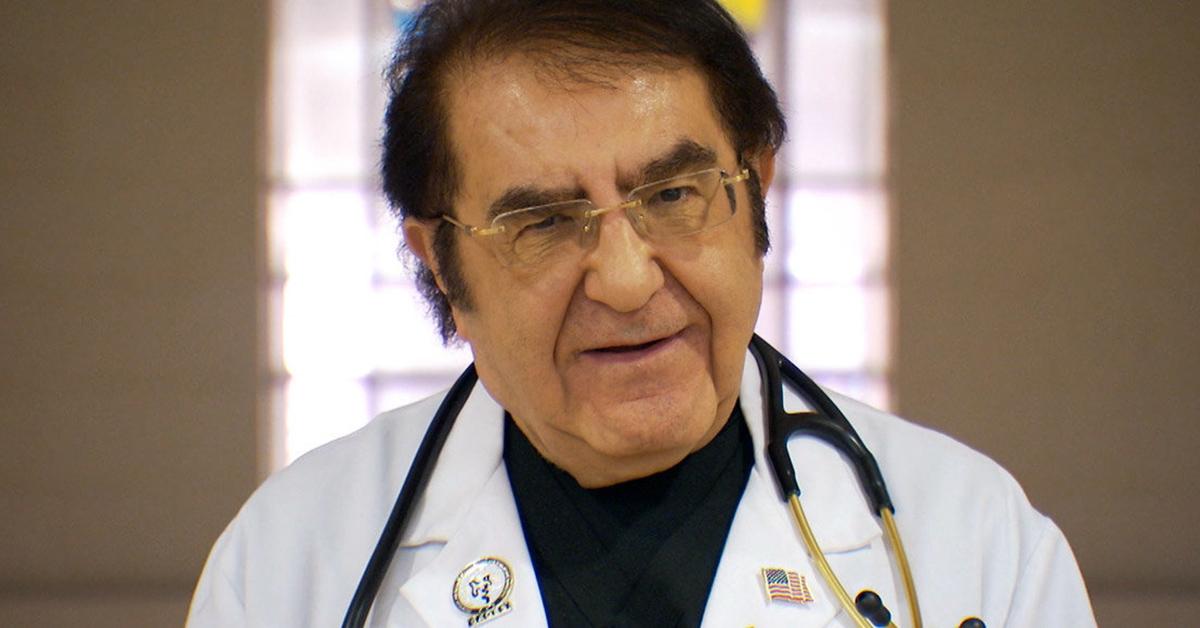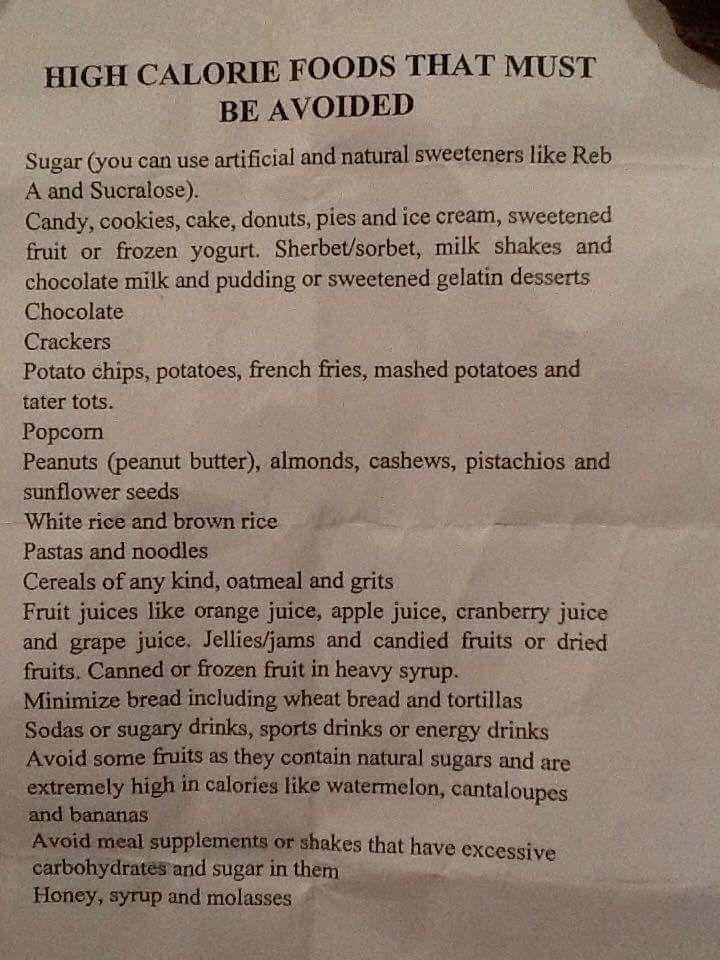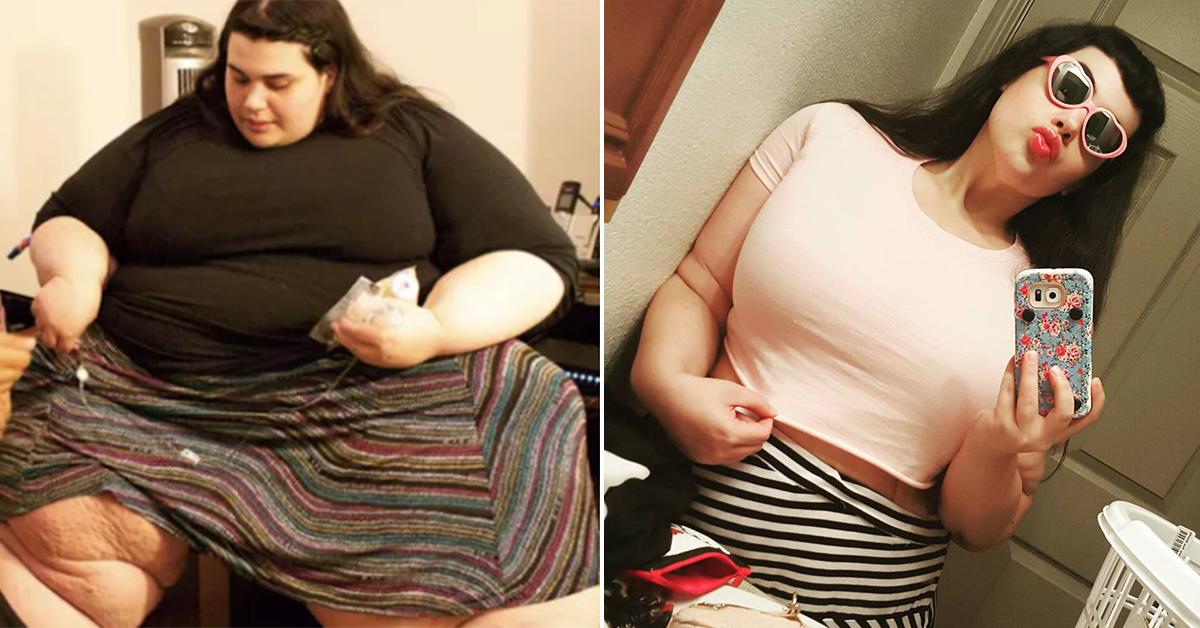Dr. Now’s Diet for ‘My 600-lb Life’ Has Some Good Pointers for Anyone Trying to Lose Weight
Updated April 14 2021, 8:13 a.m. ET

For patients on My 600-Lb Life, change begins with Dr. Younan Nowzaradan. While, of course, the change must also come from within, the renowned weight loss surgeon — affectionately known as “Dr. Now” — offers a pre-weight loss operation diet plan that has gotten people all over the country on the right path for a major and necessary life change.
As fans of the show know, people travel to Houston from all over the country to see Dr. Now. But in order to begin truly changing their lives, the first step on that journey is Dr. Now’s tested-and-true diet plan.
While word of the patients' newly implemented weight-loss regimen is often met with resistance, it’s not only an undeniably valuable part of the process, but also an important lesson for anyone trying to lose weight.

Dr. Now's 1,200-calorie diet is the first step for those looking to lose weight.
When participants on the show — or “regular” people who seek the 73-year-old doctor’s guidance — visit Dr. Now’s office, they're given a customized diet plan created by Dr. Now himself with that individual’s needs in mind. However, all of Dr. Now’s diet plans are similar at their core, beginning with restricting every patient’s intake to somewhere between 1,000 to 1,200 calories daily (something which, more often than not, does not sit well with Dr. Now’s on-camera patients).
By limiting the patient’s daily caloric intake, Dr. Now not only ensures the patient is taking initial steps to living a healthier lifestyle, but also teaches the patients to limit their consumption following weight loss surgery. Additionally, the initial diet plan often gets patients to a healthy stage at which point they can be medically cleared for the surgery.
By limiting the patient’s daily caloric intake, Dr. Now not only ensures the patient is taking initial steps to living a healthier lifestyle, but also teaches the patients to limit their consumption following weight loss surgery. Additionally, the initial diet plan often gets patients to a healthy stage at which point they can be medically cleared for the surgery.
As Dr. Now states on his website, the most commonly performed restrictive surgeries — the ones we see most often on the show include the Lap Band System and the Vertical Sleeve Gastrectomy — “may address the mechanics of how much food you will need in order to feel full, or how much of the nutrients and calories are absorbed into your system, but the surgery does not control your own post-surgical behavior.”
In other words, yes — the surgery helps you lose weight by decreasing the size of the stomach — but still, it’s up to the patient to actively make a change about his/her eating habits, even after the surgery is performed.
On Dr. Now’s website, he breaks down a preliminary diet for people looking into weight loss surgery. On the generic outline, he offers guidance on how much of each food group an average adult man or woman should consume based on the USDA’s guidelines.

Here’s (basically) the exact menu given to people on the 'My 600-lb Life' diet.
At its core, everyone on the show is told to follow a low-carb, low-fat, high-protein diet. They’re also told to avoid sugary snacks and drinks, as well as high-carb foods like potatoes (in pretty much any form, be it chips, French fries, or mashed potatoes), rice, pasta, and cereal.
Yes, the before-and-after photos prove the 'My 600-lb Life' diet really works.
In the 10 seasons that the show has been on the air, people looking to change their lives have seen incredible results. Of course, the results wouldn’t be possible without the necessary surgery. But as Dr. Now explains time and time again, the willingness to lead life on a healthy path begins with the decision to change one’s eating habits and behavior, and must be maintained long after the procedure.

Amber Rachdis
Amber Rachdis — who, can be seen above with her weight loss of more than 400 pounds since her 2014 appearance on the show — has been one of the show's many success stories. In 2017, she took to her Facebook to explain why changing your diet and embracing exercise is more important than simply having the surgery, especially when it comes to sustaining the weight loss.
When asked if she believed in the long-term success of the gastric bypass surgery, Amber wrote, “No. I do not. Not fully. I think it’s a great tool for the temporary impact it has on the leptic cycle, stomach capacity, and insulin secretion processes of the body. I think mostly what it does is buy an overweight person time to learn new habits, get into therapy, and learn to make better choices on their own. Tons of folks need revision [surgery] if they don’t focus their energy on learning new skills. Dr. Nowzaradan likes to say he has no permanent success stories. I may very well need a revision someday if I’m not careful.”